I have a page to activate users who click the activation link in an email I send them, the email contains a url which posts there email address using the GET method, My code is as follows but what im asking is this a secure method or is there any way it can be imporved? Thanks
$username = $_GET['email'];
mysql_query("UPDATE users SET active = 'yes'
WHERE email = '$username'") or die('oops!');
echo "<meta http-equiv=\"refresh\" content=\"0;URL=/index.php?msg=active\">";
